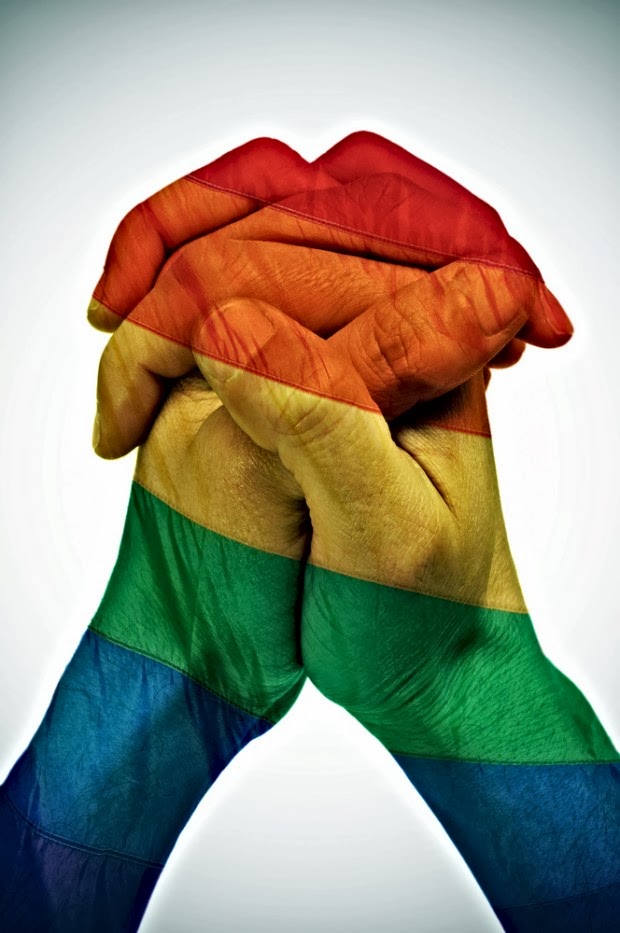Reading the article "Safe Spaces: Making Schools and Communities Welcoming to LGBT Youth" by Annemarie Vaccaro, Gerri August, and Megan S. Kennedy really made me want to research some stories online about LGBT issues. I attended public schooling so the issue of religion and gay marriage was never spoken about in the curriculum. It was common to see LGBT couples walking in the hallways together and they were treated as everyone else. Though it wasn't as common to see as straight couples, people were accepting as far as I know. I had never heard any issues regarding LGBT couples in my high school. I decided to research some schools that did have issues with this topic, public and private schools. What I found were stories that really broke my heart. It really is awful to see how un-accepting some people can be. It was nice to see that some people were able to over-come their struggles with bullying and suicidal thoughts with help of friends, family, and support groups.
The first article I found was on a website named aclu.org which brings up many rights issues including LGBT. I found a story about a young boy, only a freshman in an Ohio high school, who was bullied for being gay. He was beaten and treated poorly by other students during school. The worst part, the principal of the school and even the teachers were no help and did not support him.
Here is the article: https://www.aclu.org/lgbt-rights/victim-lgbt-bullying-ohio-school-tells-his-story
The next website I found was really interesting to me. It is called wegiveadamn.org. It is a website regarding the Give A Damn campaign and it's full of information supporting LGBT equality. It has information on the campaign itself, LGBT issues, personal stories, a blog, and a store! I got a chance to read a lot of personal stories about people who were discriminated at work, school, by friends and family, and the military. There were gay marriage stories and also stories on hate crimes. The blog was full of stories like that too. It really was interesting to read and learn a little more about. And i love the idea of the Give a Damn campaign!
Here's a link to that website: http://www.wegiveadamn.org/
The article Safe Spaces really relates to the websites i found because it definitely shows how important school has an effect on LGBT students. Teachers and administrators need to support their students no matter what. If they don't, they shouldn't be teachers! It is so important to make school a safe and welcoming place for all students to matter what race, gender, sexual orientation, etc. No student should feel out of place or feel like they are in danger. A teacher should be aware of bullying and know how to stop it. They should also recognize when there is an issue regarding LGBT issues or race issues. I really enjoyed this week's reading Safe Spaces, it has really helpful information.




